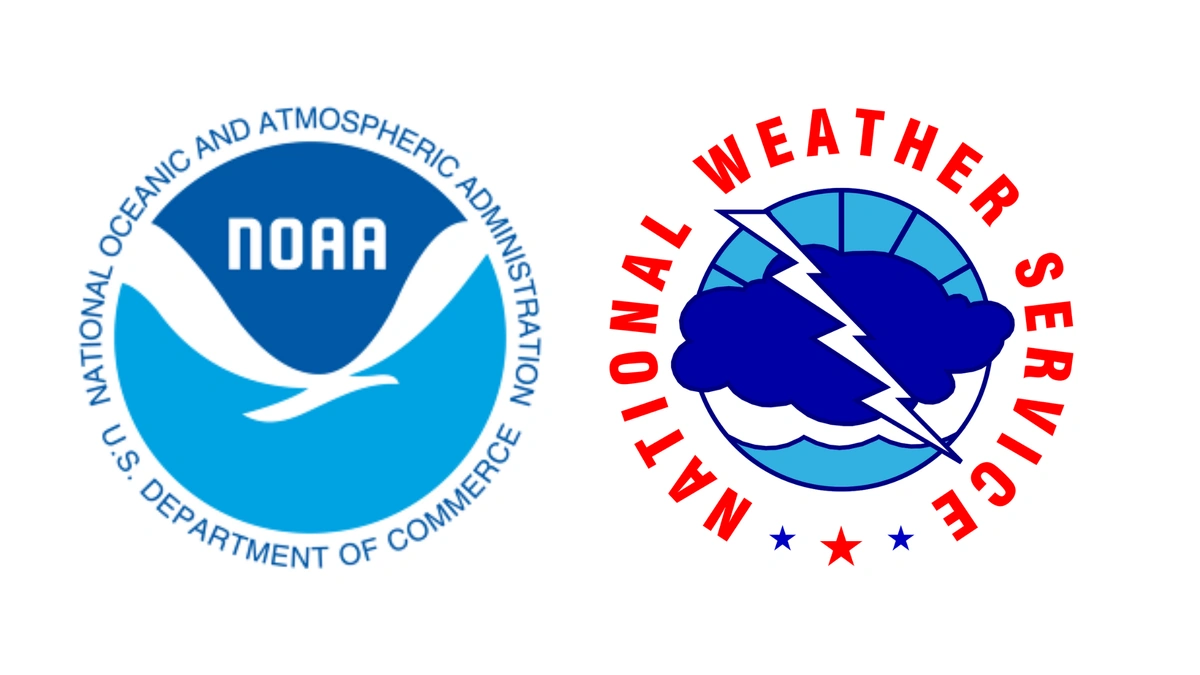Okay, let’s be real. We all check the NOAA weather forecast before heading out. But have you ever stopped to think about what that forecast really means? Or, more importantly, how to use it to your advantage? It’s more than just knowing if you need an umbrella. It’s about understanding the forces shaping our world.
Why NOAA Matters | More Than Just Sunshine and Rain

So, why should you care about NOAA (National Oceanic and Atmospheric Administration)? I mean, weather apps are everywhere, right? Here’s the thing: NOAA is the backbone of pretty much every weather prediction you see. From your phone to the local news, they’re all pulling data from NOAA. They are a scientific agency focused on the condition of the oceans and the atmosphere. It’s the gold standard for meteorological data. But NOAA does so much more.
They are deeply involved in environmental monitoring, fisheries management, and even coastal restoration. In fact, NOAA provides data about space weather, which can interfere with global positioning systems (GPS) and radio communications. Check it out here.
Navigating the NOAA Website | Your Personal Weather Toolkit
Let’s be honest, the NOAA website ( NOAA.gov ) can be a bit… overwhelming. It’s like staring into the matrix of meteorological data. But fear not! It’s actually a goldmine of information if you know where to look. First stop: your local forecast office. Search for it there’s one for almost every region. This will give you hyper-local forecasts, advisories, and even discussions from the meteorologists themselves. It’s also the first place to check for severe weather alerts .
What fascinates me is NOAA’s use of buoys and satellites to monitor weather patterns. It paints a bigger picture on ocean temperature, and surface currents. They also use sophisticated weather models to predict trends and future conditions, and even provide research on the effect on climate change. These help with things like severe weather prediction, and even coastal flood warnings .
Decoding NOAA’s Weather Alerts | From Watches to Warnings
Okay, let’s talk about weather alerts. There’s a whole language to decode: watches, warnings, advisories…it can sound like alphabet soup. A watch means that conditions are favorable for a particular weather event (like a tornado or a blizzard). A warning means that the event is happening or is imminent. An advisory is less severe, but still something to take seriously (like a heat advisory or a dense fog advisory). Learn more here. Always pay attention to the specific details of the alert where it’s happening, when it’s expected to peak, and what precautions you should take. Understanding the difference could be life-saving.
Beyond the Forecast | NOAA and Climate Change
Here’s the thing: NOAA isn’t just about telling you if it’s going to rain tomorrow. They’re also on the front lines of climate change research. NOAA’s climate.gov site offers an immense amount of research on the changing climate. They monitor everything from sea levels to arctic sea ice, and their data is crucial for understanding the long-term trends that are shaping our planet. Climate change isn’t some abstract, distant threat; it’s impacting our weather patterns right now . Understanding NOAA’s climate data can help you make informed decisions about everything from where to live to how to prepare for more extreme weather events.
But, so, what does this all mean for you and me? Well, for starters, it means being weather-aware. It means not just glancing at your phone and assuming you’re good to go. It means taking a few minutes to understand the potential risks and preparing accordingly. That little bit of extra effort can make a huge difference.
FAQ | Your NOAA Weather Questions Answered
What’s the difference between NOAA and The Weather Channel?
NOAA is a government agency that collects and analyzes weather data. The Weather Channel is a private company that uses that data (along with other sources) to create forecasts and content.
How often does NOAA update its forecasts?
Forecasts are updated frequently, sometimes hourly, depending on the weather situation.
What if I don’t understand the weather terminology?
NOAA provides glossaries and explanations on its website. Don’t be afraid to look things up!
Is NOAA’s data free to access?
Yes! NOAA is a public resource, and its data is freely available.
Ultimately, engaging with NOAA weather data is about empowering yourself to make smarter, safer decisions. It’s about looking beyond the surface and understanding the complex forces that shape our world. That’s a skill that’s always in season.




